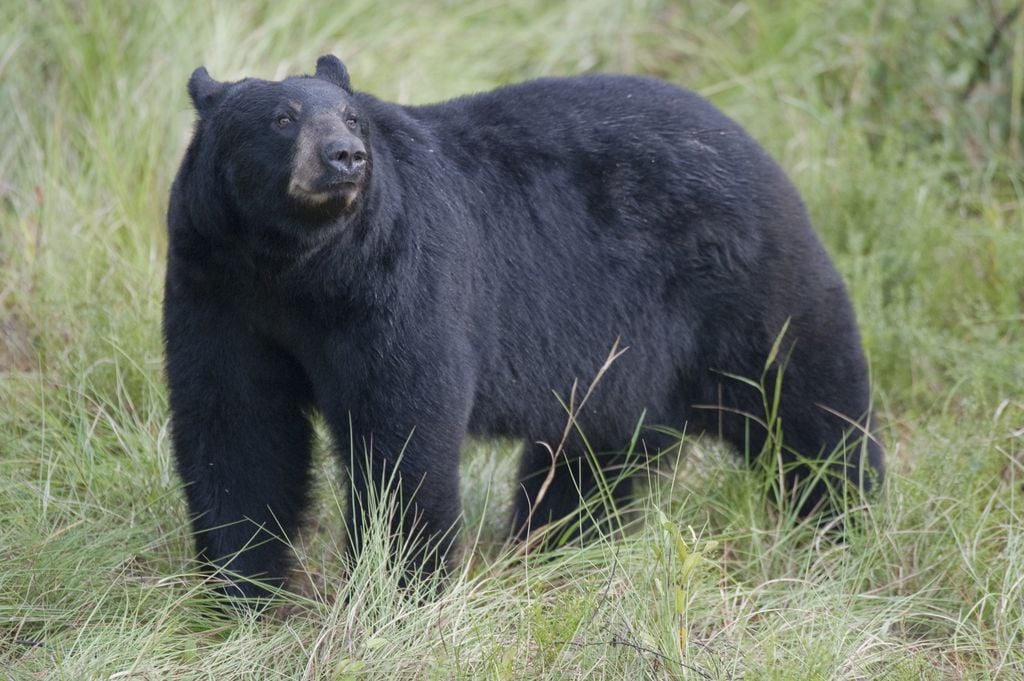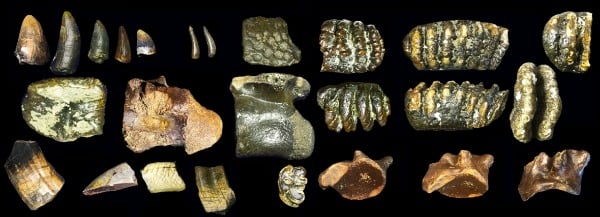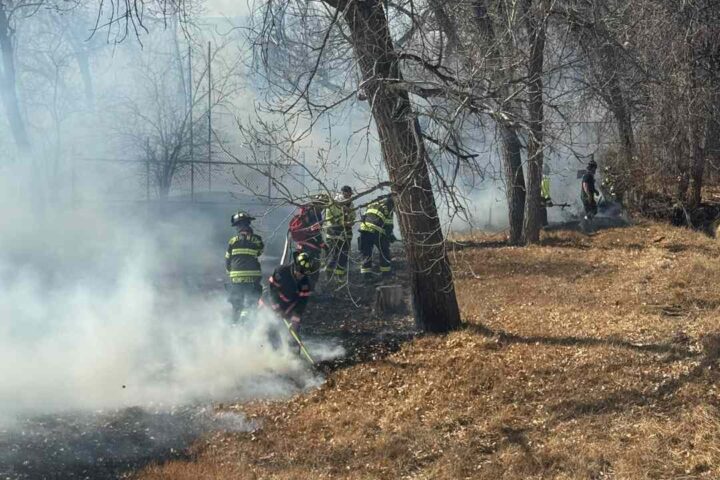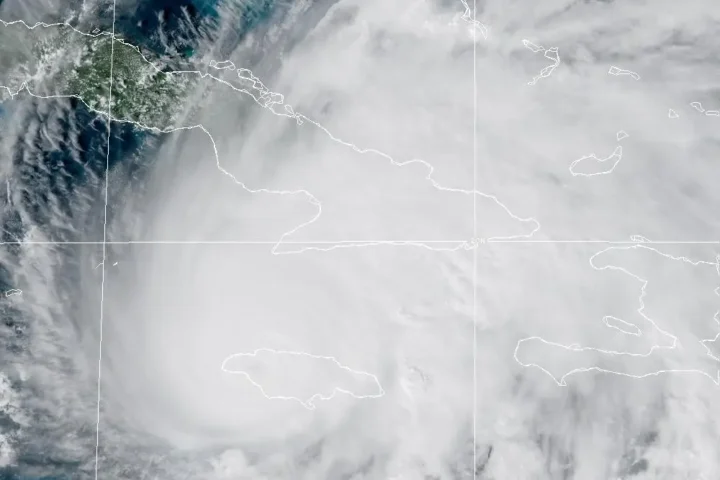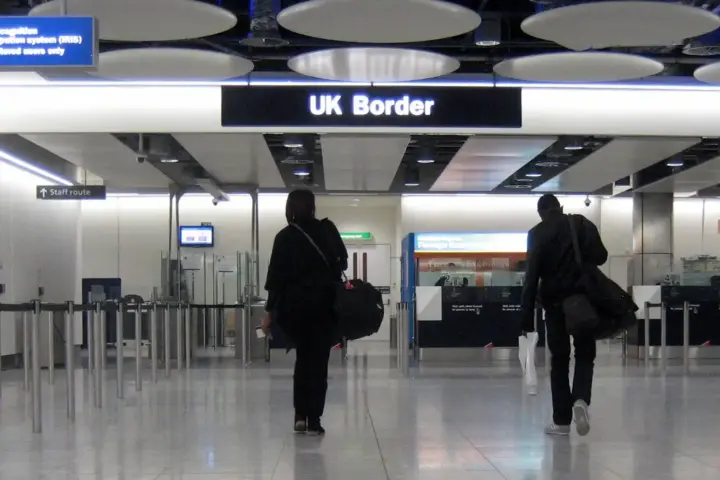Florida is inching closer to its first black bear hunt since 2015, following a recent vote by state wildlife officials. The Florida Fish and Wildlife Conservation Commission (FWC) voted 4-1 on May 21, 2025, to give preliminary approval for a limited bear hunt starting in December.
The hunt would allow 187 bears to be killed across four regions of the state where bear populations exceed 200 animals. A final decision is expected in August.
What Happened Last Time
The last Florida bear hunt in 2015 ended abruptly after just two days. Hunters killed 304 bears, nearly reaching the 300-bear quota almost immediately. The rapid pace of kills, which included females with cubs, forced officials to shut down the hunt early.
“One of the things that we kept hearing from the public was that it was a slaughter,” FWC Chairman Rodney Barreto said about the 2015 hunt.
The New Plan
If approved, the 2025 hunt would run from December 6-28, with stricter rules than before:
- Limited permits awarded through random drawing (187 total)
- One bear per hunter
- No killing of cubs or females with cubs
- The hunt would only take place in areas where bear numbers reach at least 200
- Fee structure: Florida residents would pay $100, while out-of-state hunters would be charged $300
Beginning in 2027, the proposal would allow hunters to use packs of up to six dogs to track and corner bears. Owners of large private lands measuring 5,000+ acres could establish feeding stations to attract bears for hunting under special programs.
Why Officials Want a Hunt
State wildlife managers note that Florida’s black bear numbers have grown significantly from just a few hundred in the 1970s to current estimates of roughly 4,050 statewide.
“The resurgence of the Florida black bear is not just a victory for conservationists; it’s a win for all Floridians,” said Barreto. “Hunting is a biologically sound method to slow population growth.”
Morgan Richardson, FWC’s Director of Hunting and Game Management, explained: “Bears are a game species, it’s a renewable resource, and there are plenty of bears to where we could harvest a certain number every year.”
Officials also point to rising human-bear conflicts. The sheriff of Marion County has documented 107 bear-related emergency calls within a nine-month period.
Similar Posts
A recent tragedy has heightened concerns: On May 5, 2025, 89-year-old Robert Markel and his dog were killed by a 263-pound male black bear in Collier County—Florida’s first confirmed fatal bear attack.
Strong Public Opposition
The hunt faces significant public resistance. Of 13,000 online comments received by FWC, about 75% opposed the hunt. At the May 21, 2025 meeting, 170 people signed up to speak, with most against the proposal.
“I implore you to not allow the slaughter of these majestic animals we have in Florida,” said Leslie Carlile, whose family goes back several generations in Florida. “Trophy hunting is pure evil in my opinion.”
Kate MacFall from the Humane Society argued that Florida’s wildlife agency holds unique power and influence compared to similar agencies across the nation, and with this influence comes greater responsibility to consider humane approaches and progressive wildlife management.
Different Solutions
Hunt opponents suggest non-lethal alternatives to manage human-bear conflicts. They advocate for bear-proof trash containers and public education about securing food attractants.
Gail Zega, who works with Bear Warriors United and had a close encounter with a bear in her carport, promotes using straps to lock down garbage cans rather than hunting.
“The problem is the overpopulation of people,” said Janet Osborne at the FWC meeting, arguing that human development is pushing into bear habitat.
Advocates for the hunt point out that among states with substantial black bear populations, Florida stands as one of just six that currently prohibits bear hunting.
“Bear is a game species. It’s time for us to have some level of bear hunt,” said Travis Thompson, executive director of the All Florida conservation organization.
What’s Next
Wildlife commissioners are scheduled to cast their final votes on the proposal during their August 2025 meeting. If approved, the hunt could become an annual event between October and December.

Richardson acknowledged hunting alone won’t solve all bear-human conflicts: “Managing bear populations does not manage conflict; conflict prevention and management will need to continue regardless of hunting status.”
Meanwhile, both sides continue to make their case as Florida weighs this contentious wildlife management decision.
